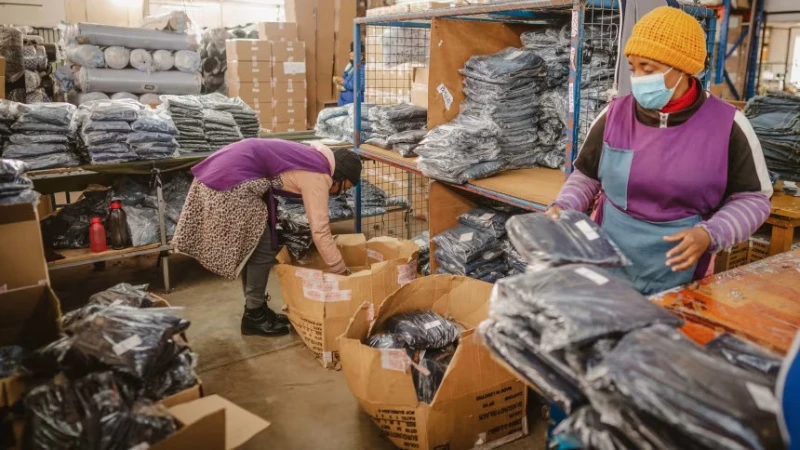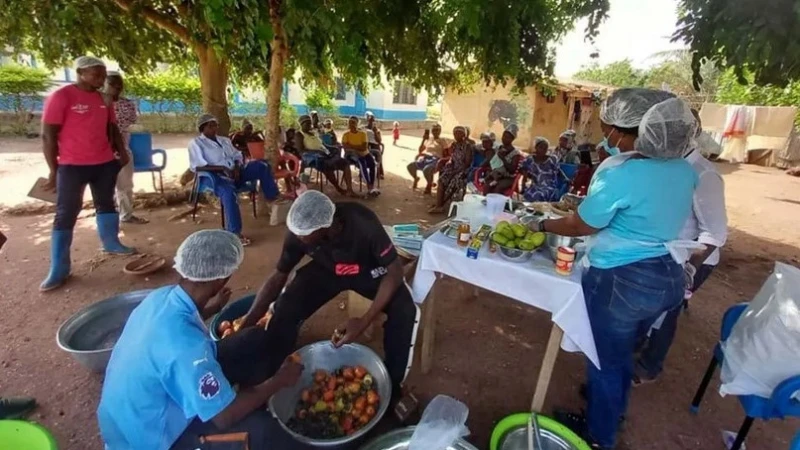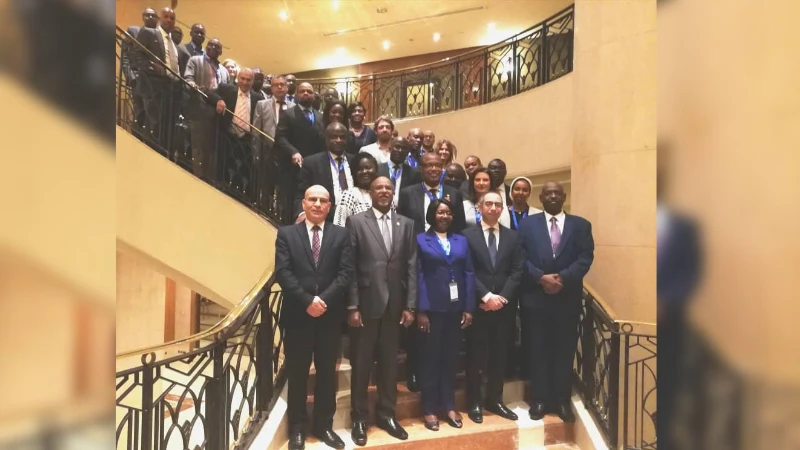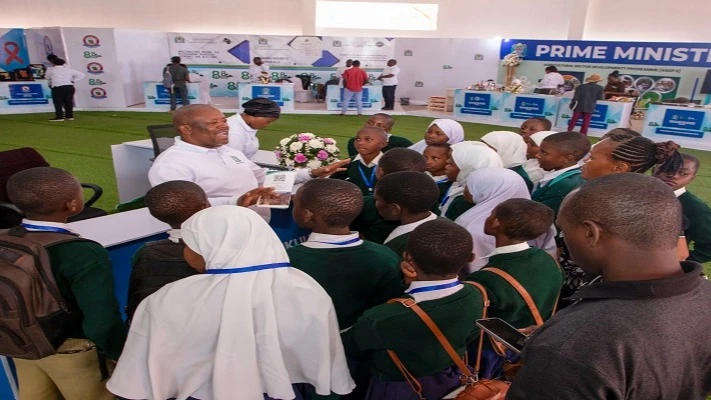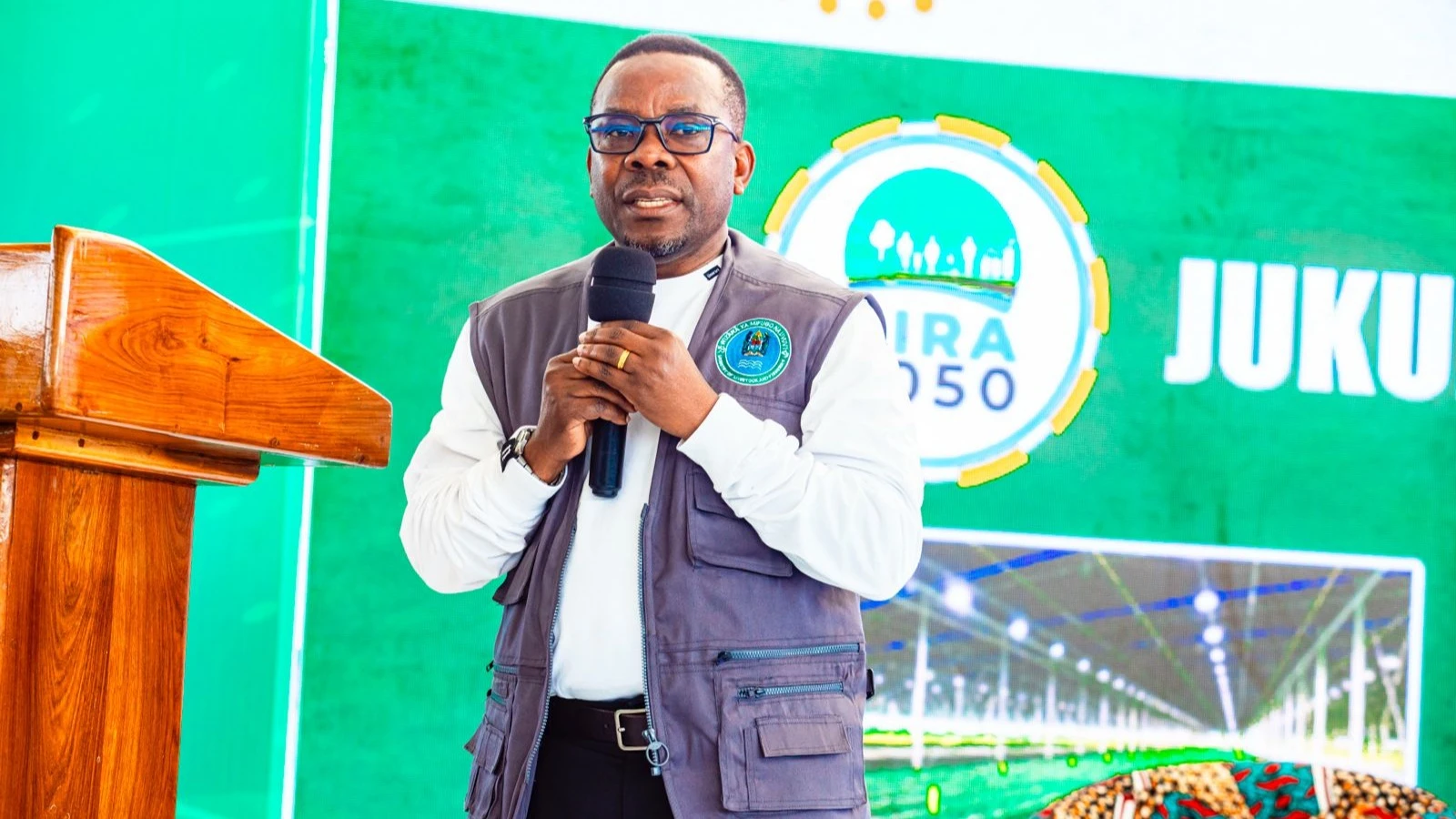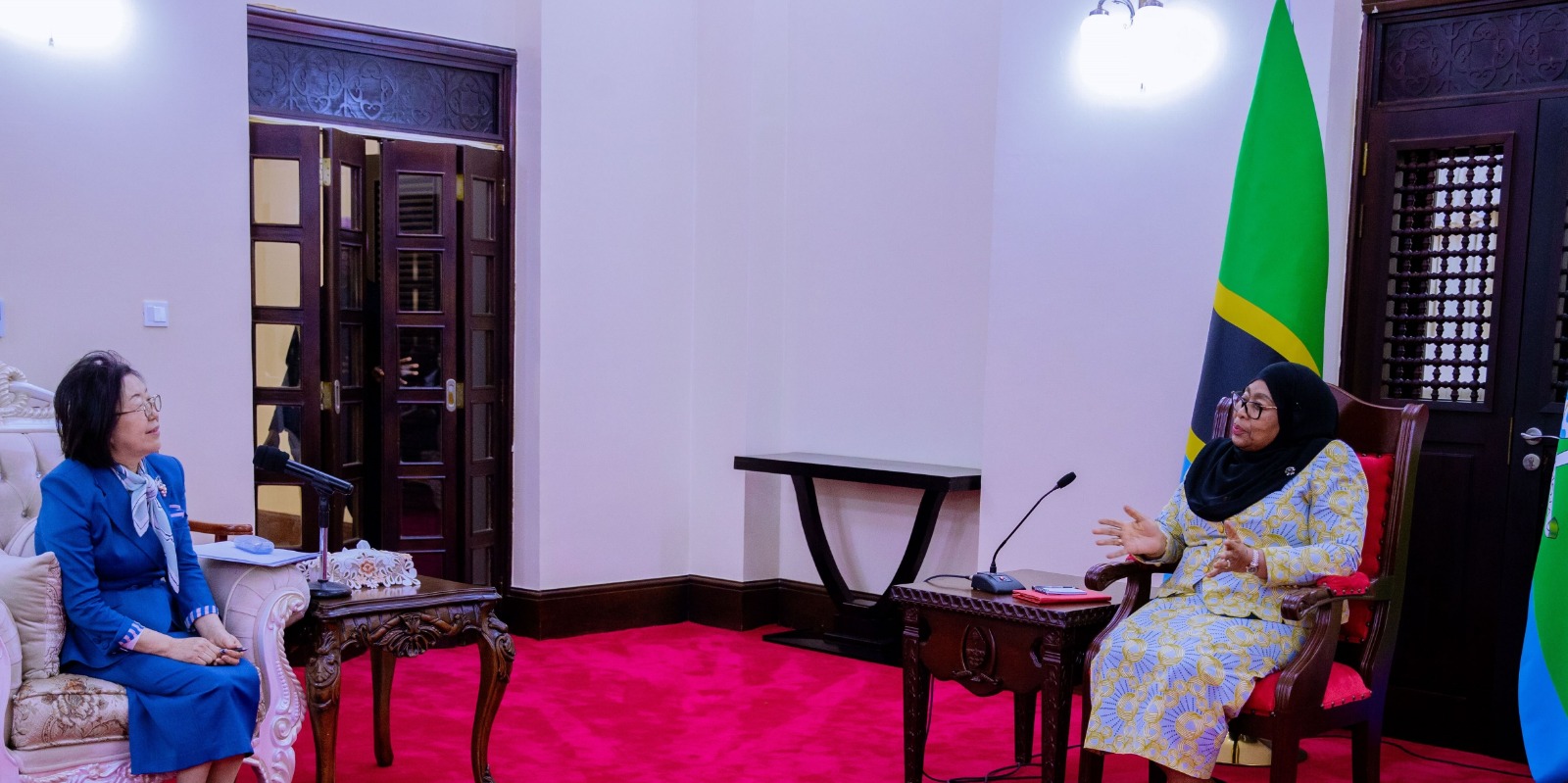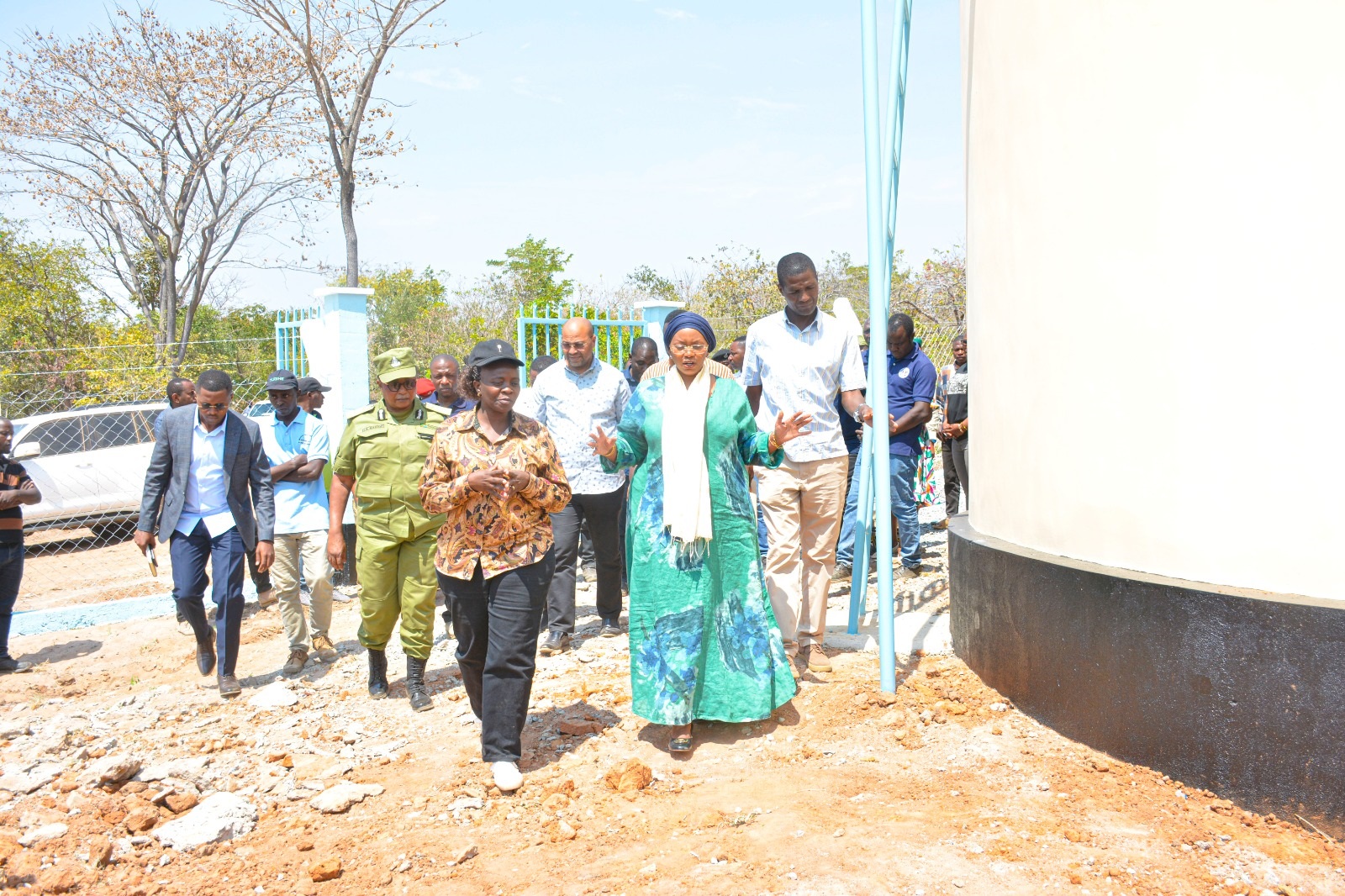Over 1.5 million Tanzanians to benefit from forestry project
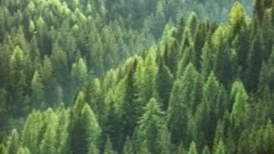
AT least 1.5 million people from Iringa, Njombe, Ruvuma, and Lindi regions are set to benefit from a €20 million Forestry, Land Use, and Value Chains Development (FORLAND) project aimed at supporting sustainable land use and boosting local economies.
Funded by the government of Finland, the four-year initiative (2025–2029) seeks to empower smallholder tree growers and communities to manage tree plantations and Miombo woodland village land forest reserves through community-based forest management approaches.
Speaking at the ongoing Nane Nane exhibitions in Dodoma, the FORLAND national project coordinator, Emma Nzunda, said the project builds on the successes of the Participatory Plantation Forestry Programme (PFP2) and the Forest and Value Chain Development Programme (FORVAC). It is designed to consolidate achievements made under the previous initiatives and ensure long-term sustainability of forestry investments.
“This project not only targets better forest management but also strengthens value chains—helping communities, tree growers, and small and medium-sized enterprises to add value to their forest products,” Nzunda noted.
According to her, FORLAND is closely aligned with development priorities of both the Finnish and Tanzanian governments and contributes to poverty reduction, employment generation, and enhanced climate resilience.
Among the key expected outcomes is improved management of smallholder tree plantations, institutional strengthening in forest education, and increased dialogue between public and private stakeholders to improve the forestry policy and environment.
“The project aims to enhance the capacity of tree growers and their organisations to manage plantations more efficiently and achieve better yields,” Nzunda emphasised.
She added that FORLAND is also supporting forestry research and promoting improved forest governance by linking community efforts to national and global environmental goals.
Currently, the project is working in close collaboration with the Forest and Wood Industries Training Centre (FWITC) in Mafinga to build knowledge and technical skills among beneficiaries. George Chalamila, a representative from FWITC, highlighted the importance of public education in ensuring the project’s success.
“We need to raise awareness about quality tree seeds, sustainable forest management, land use planning, and how tree planting can become a profitable business,” he said.
Chalamila also pointed out widespread misconceptions about tree species, noting that many people believe only indigenous trees can produce high-quality timber and furniture.
“Modern, fast-growing tree species also offer excellent raw materials for furniture and other wood products,” he explained.
Mary Uswege, a member of the Tanzania Tree Growers Association (TTGAU), expressed her appreciation for the project, stating that it has equipped many growers with valuable knowledge.
She further noted that beyond the conventional benefits of tree farming, a new income opportunity is emerging, carbon trading.
“Environmental organisations from the West are now purchasing carbon dioxide. That means you can earn money by planting trees and selling the carbon they absorb, even before harvesting the timber, poles, or raw materials for paper,” she said.
As the climate crisis intensifies, projects like FORLAND are seen as essential in helping Tanzania strike a balance between environmental conservation and economic development, ensuring that forests provide both livelihoods and long-term sustainability.
Top Headlines
© 2025 IPPMEDIA.COM. ALL RIGHTS RESERVED








